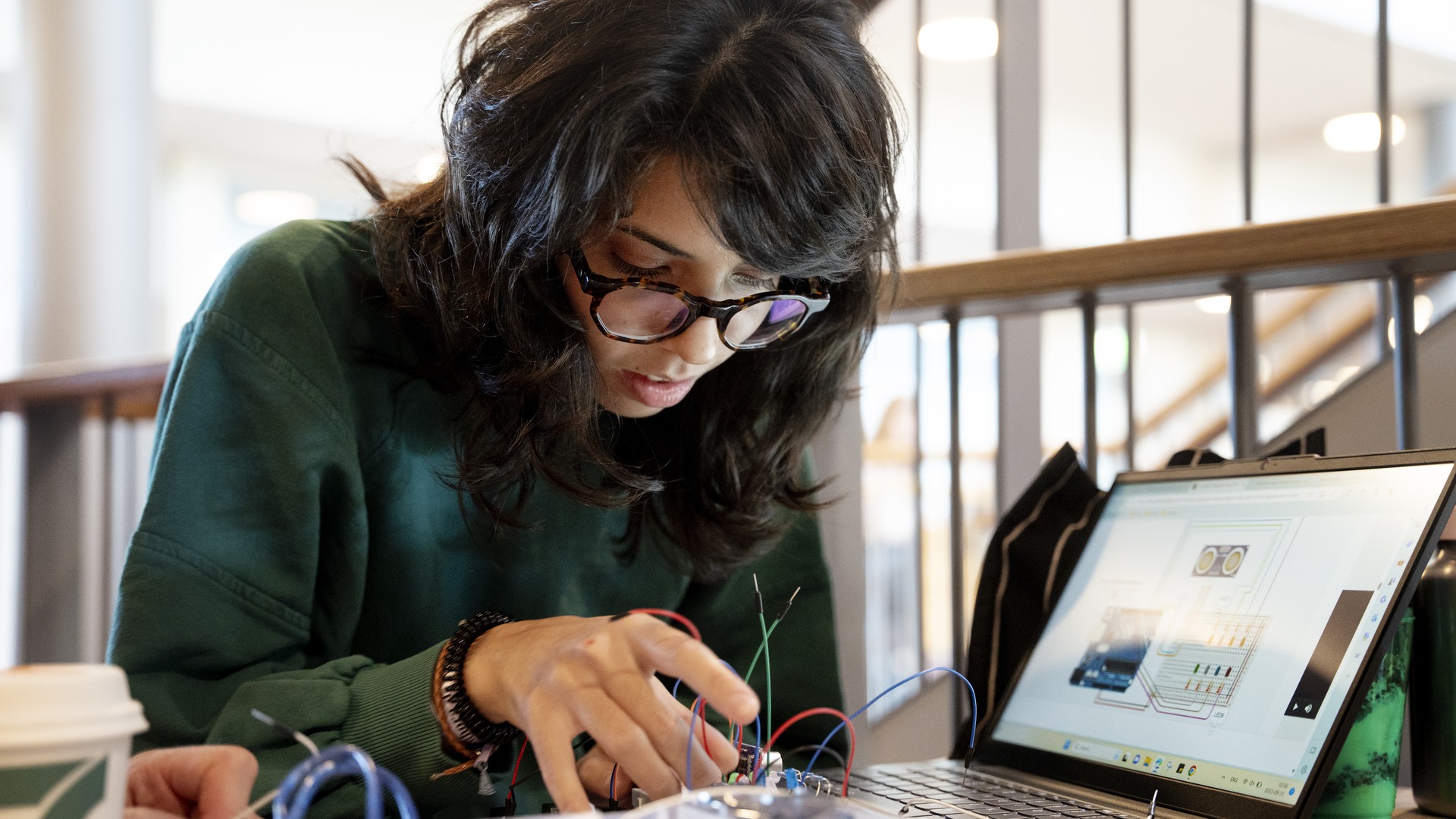Global Product Development II
International students
International students
https://youtube.com/embed/GG9vFfjMkGc?enablejsapi=1&rel=0&showinfo=1&controls=1
About the course
Global Product Development II is for students and professionals (in engineering or related disciplines) who want to further develop their product development and project management skills. The course allows you to apply your knowledge and skills on problems in challenging environments, with an emphasis on humanitarian and international aid.
During the course you will work in teams to address an actual development challenge in a low- or mid-income country. The purpose is to develop a prototype that can be effectively implemented. You will receive continuous feedback from development experts and managers from companies and organizations with similar challenges. Partners include Research Institutes of Sweden and Urban Technology Sweden.
GPD II is designed to address technology companies’ and development organizations’ increasing need for engineers with skills to handle complexity and work in challenging environments. It builds on strong connections to the industry, which will improve your opportunities to get a relevant job in aid and with international innovation companies. The skills you acquire are also demanded in Sweden. Companies have an increasing need for engineers that can work with Agenda 2030 or can address sustainability aspects in complex projects. The course can be the basis for a degree project in collaboration with companies and organizations.
Course content
- Socially committed sustainable development as an interdisciplinary field focusing on the role of an engineer; in-depth study of topics covered in the course MT195A Global Product Development I and broadening towards subject areas such as material selection, power structures, project planning, group dynamics, and communication technology.
- Agenda 2030 for the implementation of the UN's goals for sustainable development
- Goals and conditions for international aid agencies' activities.
- Financing of innovation and product development projects in international development cooperation
- Case studies of innovative solutions in development projects
- Group project work: Development of a project proposal with a requirement specification for a product, including proposals for a socially engaged development process and methods for implementation and management from a life-cycle perspective.
- Own studies of both broader and in-depth character in areas that are relevant to the project work.
Entry requirements and selection
Entry requirements
MT195A/E Global Product Development I, with a passing grade on 1901/2101 Assignments 2,5 hp
Selection
100% University credits completed
Course literature
Current literature list is available in the syllabus for the course
Course evaluation
The University provides students who are taking or have completed a course with the opportunity to share their experiences of and opinions about the course in the form of a course evaluation that is arranged by the University. The University compiles the course evaluations and notifies the results and any decisions regarding actions brought about by the course evaluations. The results shall be kept available for the students. (HF 1:14).


